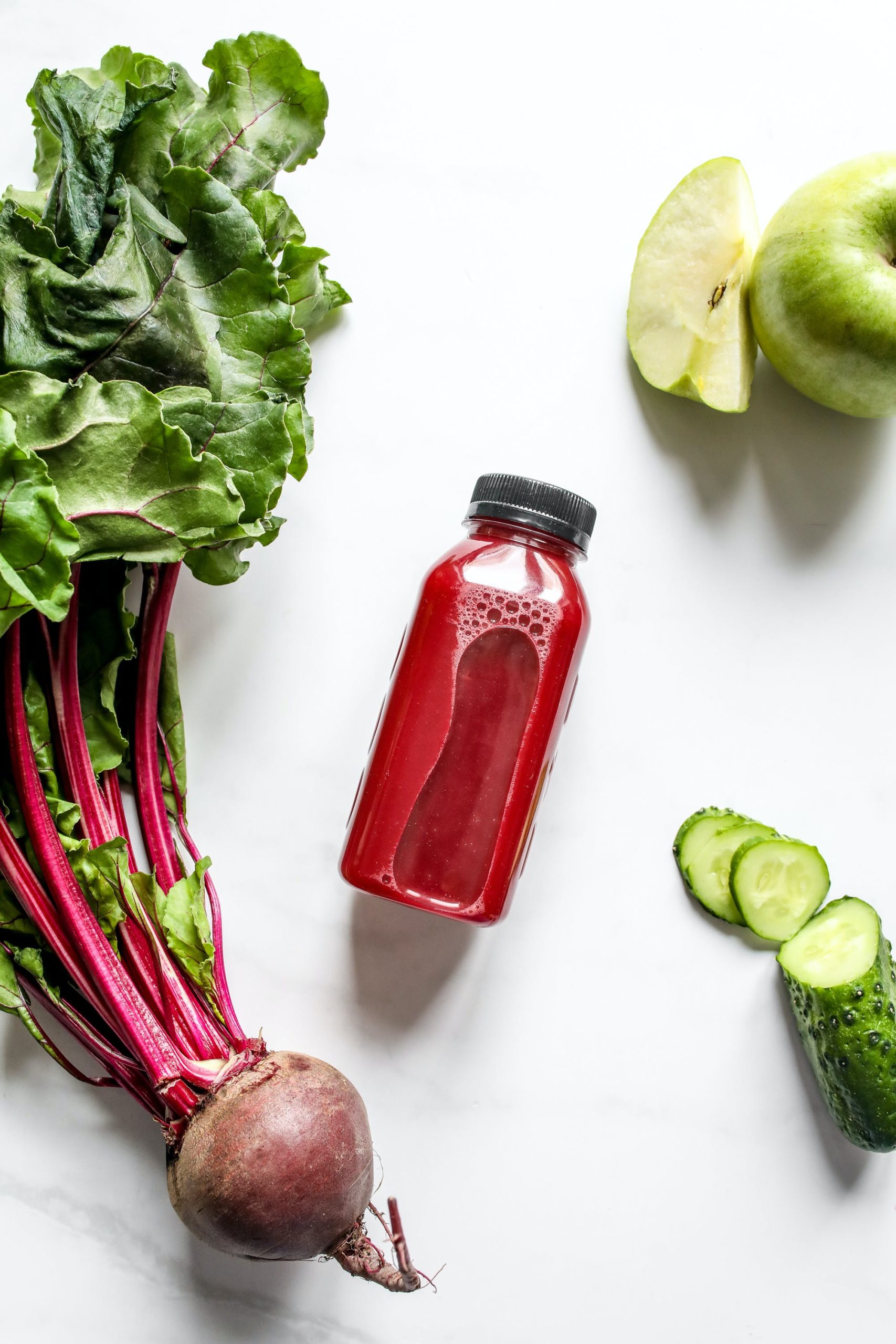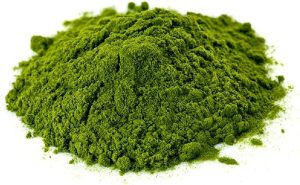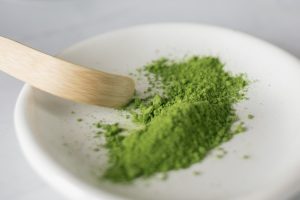
- Overview of Beetroot Extract
- Brief History of Beetroot Extract
- Functions of Beetroot Extract
- Recommended Daily Intake (RDI), Recommended Dietary Allowance (RDA), Adequate Intake (AI), or Reference Nutrient Intake (RNI) for Beetroot Extract
- Deficiency of Beetroot Extract
- Food Sources of Beetroot Extract and Where to Get It From
- Beetroot Extract and Its Interaction with Other Medications
- Websites and Articles to Delve into the Benefits of Beetroot Extract
- Disclaimer
Overview of Beetroot Extract
Beetroot extract, derived from the root of the beet plant, is renowned for its vibrant red hue and nutritional richness. Packed with betacyanins, antioxidants, and dietary nitrate, it offers potential health benefits. The conversion of nitrate to nitric oxide may promote vasodilation, aiding blood pressure regulation and enhancing exercise performance. Additionally, beetroot extract is a source of vitamins, minerals, and fiber, contributing to overall health. Its antioxidant properties combat oxidative stress, potentially reducing inflammation. Available in powder, capsule, or liquid forms, beetroot extract is a versatile supplement.
Despite its benefits, individuals on specific medications or with beet allergies should consult healthcare professionals before incorporating it into their regimen.
Brief History of Beetroot Extract
Beetroot, a plant native to the Mediterranean region, has been cultivated for centuries for its edible roots and leaves. While historical records indicate its use in ancient civilizations for medicinal and culinary purposes, the extraction and concentration of its compounds into what we now know as beetroot extract is a more recent development.
The interest in beetroot extract intensified in the 20th century, particularly due to the discovery of its high nitrate content. In the early 2000s, research on the potential health benefits of dietary nitrate, including its role in promoting nitric oxide production for cardiovascular health and exercise performance, gained attention.
As a result, beetroot extract, often processed into powders, capsules, or liquid forms, became a popular dietary supplement. Today, it is widely consumed for its nutritional richness and potential health-promoting properties, with ongoing research exploring its various applications in wellness and sports nutrition.
Functions of Beetroot Extract
Beetroot extract is valued for its potential health benefits, attributed to the diverse compounds it contains. Here are some of the key functions and potential roles of beetroot extract:
- Nitric Oxide Production:
- Beetroot extract is rich in dietary nitrates, which the body can convert into nitric oxide. Nitric oxide plays a crucial role in vasodilation, helping to widen blood vessels, improve blood flow, and regulate blood pressure.
- Cardiovascular Health:
- The vasodilatory effects of nitric oxide may contribute to cardiovascular health by enhancing circulation and supporting overall heart function. Some studies suggest that beetroot extract may have positive effects on blood pressure.
- Exercise Performance:
- Dietary nitrates in beetroot extract have been linked to improved exercise performance. Nitric oxide may enhance oxygen utilization, potentially benefiting endurance and reducing the oxygen cost of exercise.
- Antioxidant Properties:
- Betacyanins, the pigments responsible for the red color of beets, and other antioxidants in beetroot extract help combat oxidative stress. Antioxidants neutralize free radicals in the body, potentially reducing inflammation and supporting overall health.
- Liver Health and Detoxification:
- Compounds in beetroot may support liver health and the body’s natural detoxification processes. The betalains in beets have been studied for their potential role in protecting the liver.
- Anti-Inflammatory Effects:
- Some research suggests that beetroot extract may have anti-inflammatory properties, contributing to its potential role in reducing inflammation and supporting a healthy inflammatory response.
- Nutrient Content:
- Beetroot extract contains essential vitamins and minerals, including folate, vitamin C, potassium, and manganese, contributing to overall nutritional support.
- Digestive Health:
- The dietary fiber in beets may promote digestive health by supporting regular bowel movements and providing a sense of fullness.
- Potential Cancer Protection:
- While research is ongoing, some studies suggest that the antioxidants and anti-inflammatory properties of beetroot extract may have potential in protecting against certain types of cancer.
It’s important to note that while beetroot extract offers potential health benefits, individual responses may vary. As with any supplement, it’s advisable to consult with a healthcare professional before incorporating beetroot extract into your routine, especially if you have underlying health conditions or are taking medications.
Recommended Daily Intake (RDI), Recommended Dietary Allowance (RDA), Adequate Intake (AI), or Reference Nutrient Intake (RNI) for Beetroot Extract
Recommended Daily Intake (RDI), Recommended Dietary Allowance (RDA), Adequate Intake (AI), or Reference Nutrient Intake (RNI) has yet to be established specifically for beetroot extract. These recommendations are typically established for essential nutrients like vitamins and minerals rather than specific food extracts or supplements.
Beetroot extract is often consumed as a dietary supplement for its potential health benefits, particularly due to its high nitrate content. The dosage and form of beetroot extract can vary between products, and individual responses may differ.
If you are considering adding beetroot extract to your diet or supplement routine, it’s advisable to follow the recommended dosage provided on the product label. Additionally, consulting with a healthcare professional or a registered dietitian is recommended, especially if you have underlying health conditions, are pregnant, or are taking medications, as they can provide personalized advice based on your individual health status.
Please note that information and guidelines may have evolved since my last update, so it’s a good idea to check with authoritative sources or healthcare professionals for the most current information on dietary supplements.
Deficiency of Beetroot Extract
Beetroot extract itself is not an essential nutrient, and therefore, a deficiency of beetroot extract is not a recognized concept. However, if you’re using beetroot extract as a dietary supplement to address specific health goals or conditions, it’s essential to be aware of potential side effects or issues related to overconsumption rather than deficiency.
Possible considerations include:
- Excessive Nitrate Intake:
- Beetroot extract is rich in nitrates, which can be converted into nitric oxide in the body. While moderate nitrate intake is generally considered safe and may have health benefits, excessive nitrate consumption, especially from supplements, could potentially lead to issues. High nitrate intake might be a concern for individuals with certain health conditions or those on specific medications.
- Blood Sugar Levels:
- Beetroot extract contains sugars, and excessive consumption might affect blood sugar levels, especially in individuals with diabetes. Monitoring dietary choices is crucial for those managing blood glucose.
- Potential Allergic Reactions:
- Some individuals may be allergic to components in beets. Allergic reactions could include skin rashes, itching, or, in severe cases, anaphylaxis. If you experience allergic symptoms, discontinue use and seek medical advice.
- Interaction with Medications:
- Beetroot extract, with its blood pressure-regulating properties, may interact with medications used for hypertension or other cardiovascular conditions. Consultation with a healthcare professional is advisable, especially if you are on medication.
It’s crucial to approach dietary supplements, including beetroot extract, with moderation and awareness of individual health conditions. If you have specific health concerns or are considering the use of beetroot extract for therapeutic reasons, it’s recommended to consult with a healthcare professional or a registered dietitian. They can provide personalized advice based on your health status and help you make informed decisions about supplementation.
Food Sources of Beetroot Extract and Where to Get It From
Beetroot extract is typically consumed in the form of a supplement, and it may come in various forms such as capsules, powders, or liquid extracts. Here are some common sources and places where you can find beetroot extract:
- Health Food Stores:
- Many health food stores, both physical and online, carry a variety of dietary supplements, including beetroot extract. These stores often have sections dedicated to nutritional supplements and superfoods.
- Online Retailers:
- Various online platforms and retailers specialize in health and wellness products. Websites like Amazon, iHerb, Vitacost, and others often offer a range of beetroot extract supplements.
- Pharmacies:
- Some pharmacies or drugstores may stock dietary supplements, and you may find beetroot extract products in the health and wellness section. Chain pharmacies and independent pharmacies may differ in their product offerings.
- Natural and Organic Grocery Stores:
- Some natural or organic grocery stores may carry dietary supplements, including beetroot extract. Check the supplements aisle or inquire with the store staff.
- Specialty Supplement Shops:
- Specialty supplement shops, which focus exclusively on health and wellness products, may offer a broader selection of beetroot extract supplements. These shops often have knowledgeable staff to assist with product selection.
When choosing a beetroot extract supplement, consider the following:
- Quality and Purity:
- Look for products from reputable brands that undergo testing for quality, purity, and potential contaminants.
- Form of Supplement:
- Beetroot extract is available in various forms, such as capsules, powders, and liquid extracts. Choose the form that fits your preferences and lifestyle.
- Dosage Instructions:
- Follow the recommended dosage instructions on the product label. If you have any underlying health conditions or are taking medications, consult with a healthcare professional before starting any new supplement.
It’s important to note that while beetroot extract supplements can be a convenient way to incorporate the potential health benefits of beets into your diet, it’s always advisable to obtain nutrients from a balanced and varied diet whenever possible. If you have specific health concerns or dietary needs, consulting with a healthcare professional or a registered dietitian is recommended.
Beetroot Extract and Its Interaction with Other Medications
Beetroot extract, particularly in supplement form, may interact with certain medications, and it’s crucial to be aware of potential issues. Here are considerations regarding the interaction of beetroot extract with medications:
- Blood Pressure Medications:
- Beetroot extract is known for its potential to lower blood pressure due to its nitrate content, which converts to nitric oxide. If you are taking medications for hypertension (high blood pressure), combining them with beetroot extract may lead to an excessive decrease in blood pressure. It’s advisable to consult with your healthcare provider to adjust medication dosages accordingly.
- Nitrates and Nitroglycerin:
- Beetroot extract contains nitrates, and combining it with medications that contain nitroglycerin (commonly used for chest pain) or other nitrate medications may result in an additive effect on blood vessel dilation. This can lead to a significant drop in blood pressure, and adjustments to medication dosages may be necessary.
- Diabetes Medications:
- Beetroot extract contains sugars, and excessive consumption may affect blood sugar levels. Individuals with diabetes who are taking medications to control blood glucose should monitor their levels closely when using beetroot extract.
- Iron Absorption:
- Beetroot extract, like beets in general, may contain compounds that can inhibit the absorption of non-heme iron (plant-based iron). If you are taking iron supplements for anemia or other reasons, it’s advisable to take them separately from beetroot extract.
- Anticoagulants (Blood Thinners):
- Beetroot extract may have antiplatelet effects, and combining it with anticoagulant medications like warfarin may increase the risk of bleeding. Consult with your healthcare provider before using beetroot extract if you are taking blood thinners.
As with any supplement, it’s crucial to inform your healthcare provider about all the medications and supplements you are taking. They can provide personalized advice based on your health status and potential interactions. If you are considering incorporating beetroot extract into your routine, consult with your healthcare provider, especially if you have underlying health conditions or are taking medications.
Websites and Articles to Delve into the Benefits of Beetroot Extract
To explore the benefits of beetroot extract, you can refer to reputable websites and articles that provide reliable and evidence-based information. Here are some sources to get you started:
- National Center for Biotechnology Information (NCBI):
- Website: NCBI
- NCBI is a comprehensive database of scientific articles. You can use the search function to find specific studies on beetroot extract and its health benefits.
- PubMed:
- Website: PubMed
- PubMed is a free database of biomedical and life sciences literature. Search for terms like “beetroot extract benefits” to find relevant research articles.
- Examine.com:
- Website: Examine.com – Beetroot Extract
- Examine.com provides in-depth, evidence-based information on various supplements, including beetroot extract.
- Mayo Clinic:
- Website: Mayo Clinic – Beetroot Juice: Good for You?
- Mayo Clinic offers expert insights on various health topics. This page discusses beetroot juice, and some information may be applicable to beetroot extract.
- Healthline:
- Website: Healthline – 9 Impressive Health Benefits of Beets
- Healthline provides articles written by experts. This particular article discusses the health benefits of beets, which includes information on beetroot extract.
- WebMD:
- Website: WebMD – Beets
- WebMD offers health-related information, and this slideshow provides an overview of the potential benefits of beets.
- World Health Organization (WHO):
- Website: WHO – Nitrate and Nitrite in Drinking-Water
- The WHO provides information on nitrate and nitrite, which are relevant to the discussion of beetroot extract benefits.
Remember to critically evaluate information and prefer sources that rely on scientific evidence. Additionally, it’s always a good idea to consult with healthcare professionals for personalized advice based on your health status and specific needs.
Disclaimer
The information is solely provided for educational purposes. It is not intended to diagnose, treat, cure, or prevent any disease. Seek the advice of your physician or qualified healthcare provider with any questions you may have regarding a medical condition at all times. Never disregard professional medical advice because of something you have read or learned from this article.






